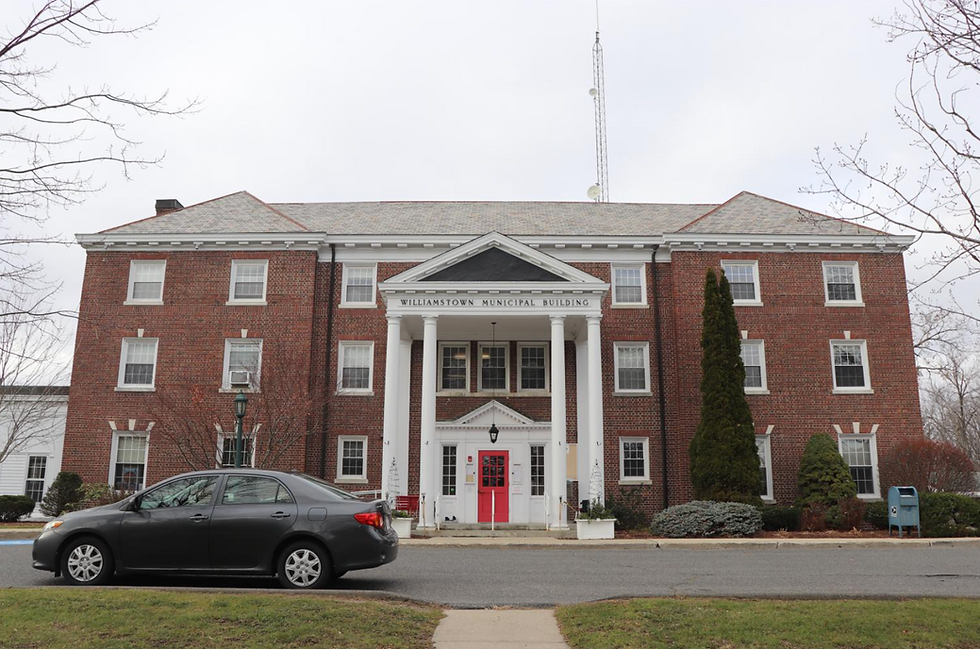Should we rethink property tax?
- Stephanie Boyd
- Apr 16, 2023
- 2 min read
Updated: Apr 17, 2023
I wrote this letter to the Berkshire Eagle in September 2022; it's still relevant today.
To the editor:
While property owners in most communities pay the same tax rate per $1,000 of home value, the impact on your pocketbook varies.
Those in the bottom income quintile pay 5.4 percent of their income on municipal tax while the top quintile pays less than 3 percent. The top 1 percent of earners pay only 1.6 percent of their household income, according to the Institute of Taxation and Economic Policy. In essence, the less you have, the larger proportion of income you pay. According to the institute's tax equality index — the impact of each state’s tax system on income inequality — Massachusetts has the 30th most unfair state and local tax system in the country.
Massachusetts Budget and Policy Center tells us that expensive homes tend to get assessed by tax authorities at less than their market price and to a greater extent than less expensive homes. As a result, even the flat tax rate is not applied proportionately. Housing costs, including taxes, represent a smaller share of the incomes of the wealthiest in our communities. Those earning less than $35,000 per year pay up to 45 percent of their income on housing, while those earning more than $200,000 pay less than 20 percent. Paying more than 30 percent of your household income for housing-related expenses is considered to be a "cost burden."

Each year, Select Boards in every town in Massachusetts vote on whether to employ the residential tax exemption designed to lessen the tax burden on eligible homeowners.
Unfortunately, only 16 Massachusetts municipalities — about 4 percent of the commonwealth's communities representing almost 20 percent of the state population — have opted to use this option to counteract tax inequities. The exemption establishes a "graduated tax," reducing the taxes of lower and moderately valued properties while shifting the tax burden to apartments, summer homes and higher-valued properties. Admittedly, increasing taxes associated with rental properties can be problematic if we are trying to reduce costs for the lowest-income earners. Provincetown and Truro have successfully petitioned the state to extend the residential tax exemption to full-time renters. This program may also encourage owners to choose full-time renters over short-term.
Given our commitments to diversity and equity and inclusion, it’s time communities in Western Massachusetts got more creative about affordable housing solutions.
The residential tax exemption may help level the playing field and increase our towns' diversity.




Comments